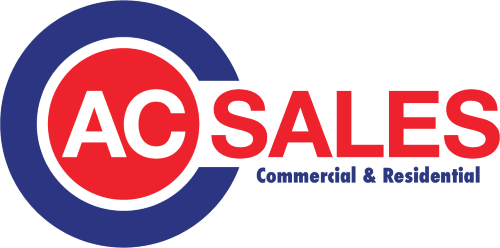
Ever done a double take when you took a look at your last energy bill? Even though high energy bills can be the consequence of severe weather events, persistently high bills can quickly indicate an inefficient HVAC system or your home is wasting energy by other means, including drafty windows or poor insulation.
One of the simplest ways to figure out whether your home is consuming too much energy is by hiring a home service professional to perform a home energy audit, also called a home energy assessment. Keep reading to find out more about home energy audits, including what they are and their benefits.
What Is a Home Energy Audit?
An energy audit is a comprehensive inspection of how much energy your home consumes and whether – and where – your home may be losing or wasting energy. An inspector will go through past energy bills while completing an energy audit to figure out where energy is being consumed and how much.
The overall goal of an energy audit is to help homeowners save money on their energy bills by suggesting energy-efficient renovations, which can include swapping out your existing HVAC system, putting in new insulation, sealing up leaks, or replacing drafty windows.
During the energy assessment, the auditor also completes an inspection of the outside and inside of your home. The auditor will perform a blower door test on doorways, windows and fireplaces to figure out if there are air leaks in your home. They’ll also inspect your home’s HVAC system, as well as the ductwork, the water heater, and the insulation in your attic. Comprehensive assessments could also include checking your current lighting system.
Benefits of a Home Energy Audit
It can be difficult for the ordinary homeowner to be sure how efficient their home is compared to other similar homes in their area. However, local energy companies often supply information about where your home ranks when compared with similar homes and whether it’s more efficient, about average, or inefficient compared to your neighbors’ homes. This can be a useful starting point to figure out if you need an energy audit completed.
A few of the benefits of a home energy audit include:
Learning How Efficient Your Home Is
It’s worthwhile to know how efficient your home is and where you’re using up the most energy. For example, if your ducts are leaking, it will result in a large increase in your energy bills and additional wear and tear on your HVAC system since it has to work longer to fully heat or cool your home.
Making Energy-Efficient Improvements
An energy audit will expose where you need to make energy-efficient improvements to conserve energy and reduce utility bills. This might include replacing worn weatherstripping or buying a new energy-efficient furnace.
Enhancing Health and Safety
Permitting air to seep into your home through doors and windows, or as a result of a lack of insulation can cause unwanted moisture to form, which can negatively impact your home’s humidity levels or encourage mold. This can cause health problems, especially for people suffering from asthma or allergies.
Adding to Your Home’s Retail Value
Energy-efficient homes are preferred by homebuyers. You can sell your home sooner or for more money by demonstrating to potential buyers that it’s energy efficient.
How to Perform an Energy Audit of Your Home
Although handling an energy audit by yourself may not be as thorough as choosing a professional, it’ll give you a broad idea of how energy efficient your home is. If you don’t find any problems during the DIY test, then you probably don’t need to hire a professional. Try this step-by-step checklist:
- Inspect your HVAC system. Leaky ducts can lose up to 20% of conditioned air, contributing to higher energy bills and greater wear and tear on HVAC equipment. If you find leaks, use duct tape to plug them. If your HVAC equipment is old and wearing down, upgrading to a new system can save you a considerable amount on your energy bills. In some cases, it might be better to contact a reputable HVAC company to inspect your system.
- Look for air leaks. Air leaks on average can increase the energy bills by 10 to 20%. Inside, look for air leaks in areas where you can find a draft, like along the edge of flooring and along baseboards and electrical outlets. Outside, you can look for air leaks in the home’s foundation, siding and mortar. Plug, caulk or seal any air leaks to save money.
- Examine insulation. If your home is older, it could mean your insulation is too. If you can see the joists, you likely need more insulation.
- Check the ventilation. Ensure that all of your kitchen and bathroom exhaust fans are functioning properly, and check for evidence of rot or moisture.
Contact AC Sales for a Professional Energy Audit
If you would like professional help figuring out how energy efficient your heating and cooling equipment is, contact the HVAC experts at AC Sales today. We’ve proudly supported the residents of Lafayette with quality home services for many years. Contact us today to schedule an appointment.
 Skip to content
Skip to content
